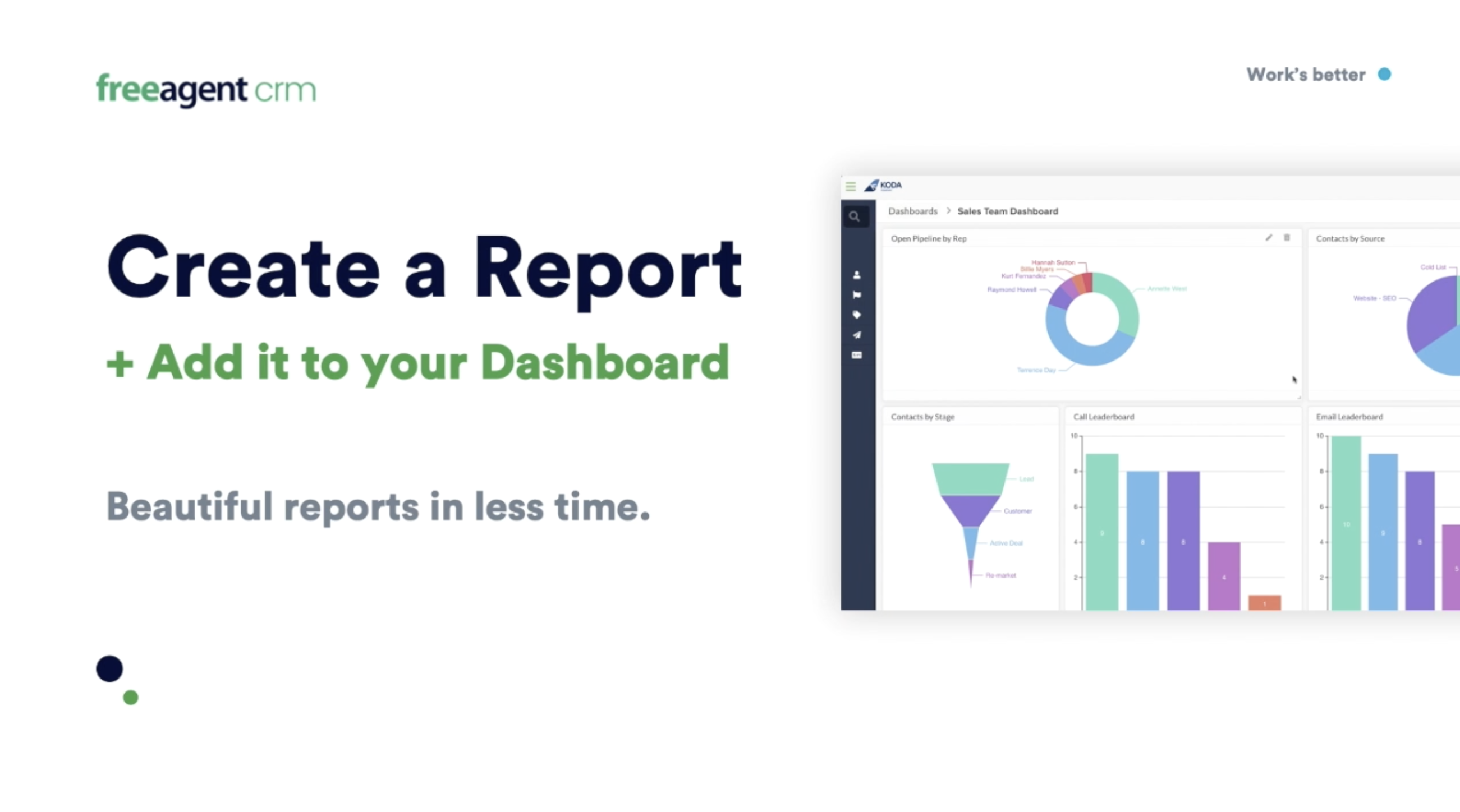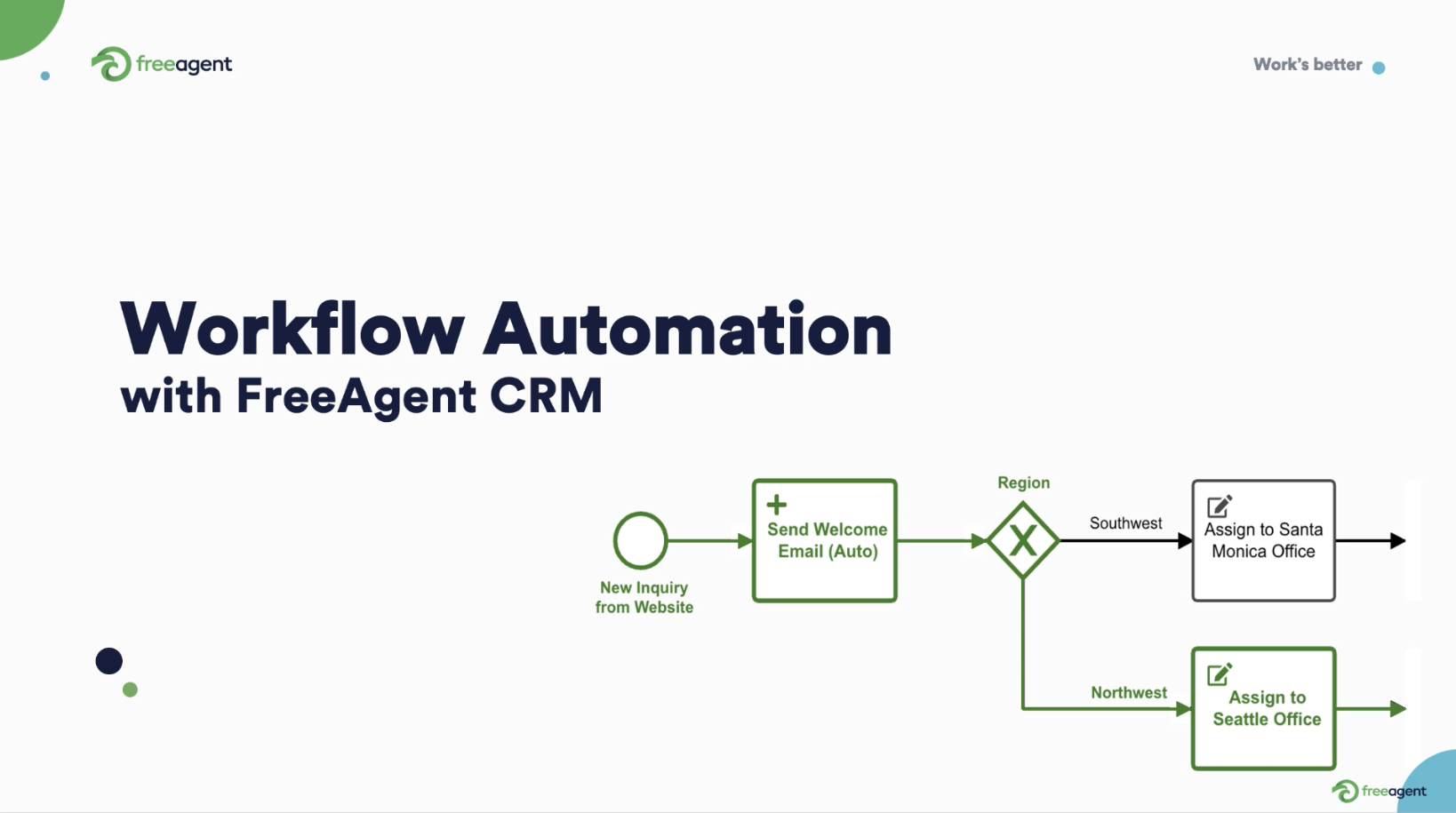Information management is a challenge for any business. We live in the information age, and it’s never been more important to capture, secure, and share information to drive business success.
In manufacturing, this holds doubly true. Yet, the unique challenges of this vital industry make information management more challenging.
Whether it’s a dependency on a unique and specialized tech stack that doesn’t integrate well, issues with compliance and security, or simply a lack of resources, information management in the manufacturing industry often lags behind.
Fortunately, CRM + work management platforms like FreeAgent are changing that.

What is information management?
Information management is the processes and systems you use to capture, distribute, manage and maintain information.
The tools used to manage your information can range from a collection of shared spreadsheets to a combination of PIM (product information management), CRM (customer relationship management), and BI (business intelligence) software applications.
In addition to the technology you use to manage your information, the processes and best practices you employ are an integral part of your information management strategy.

Why is information management important?
Information management is the foundation of your business practices. It impacts everything from your sales processes and customer management to product development and distribution. Let’s take a look at a few examples.
- Increased customer satisfaction and retention: To keep customers happy and coming back for more, you need more than just a quality product. You need to understand the specific needs of your customers and have the systems in place to deliver great experiences across every step of the customer journey. This requires data-driven insights that inform your best practices and processes.
- Better oversight of inventory and distribution: Inventory discrepancies and distribution errors lead to missed delivery timelines. For a manufacturing company, failing to deliver a product on time is a deal killer. Businesses rely on manufacturers to provide essential components and products, and your failure becomes their failure. Knowing what’s available and being able to set realistic and attainable expectations around delivery relies on accurate data and communication.
- Increased operational efficiency: Competing with foreign interests that rely on cheap labor and production costs requires peak operational efficiency. Good information management can help reduce bottlenecks in sales and production so your teams can get more done with fewer headaches.
- More informed business strategies: The days of relying on intuition and individual talents are over. In today’s competitive business environment, you need proven strategies that work. Targeted marketing campaigns, consistent and repeatable sales strategies, accurate sales forecasts, a streamlined production process, and reliable customer support all rely on access to quality data.
- Security and compliance: The digital revolution has seen a rise in the need for greater data security. This has seen regulators and governing bodies institute new measures and protocols (HIPAA, GDPR) that require strict information management compliance. Companies can miss out on opportunities or find themselves unable to serve whole business sectors if they struggle with managing data effectively.

The challenges of information management in manufacturing
There are several major challenges with information management in manufacturing.
- Redundancy/inefficiency: One of the biggest challenges in manufacturing is the need to use in-house or outdated software tools that are unintuitive and under-supported. These tools are often limited in scope, forcing your employees to record the same data in multiple places, costing time and efficiency while increasing the chances of human error.
This can further lead to data inconsistencies as information that is updated in one program may not be in another. This can affect your ability to deliver on expectations while driving up production costs or reducing profit margins.
- Information siloing: The specialized nature of the manufacturing process means teams and systems often work independently of each other, leading to information siloing and knowledge gaps. This makes a company vulnerable to data loss when an employee leaves and makes a company overly reliant on individual expertise.
Information siloing can lead to inconsistent or incomplete data sets that impact reporting, forecasting, and analysis. It also creates a culture of segregation within a company that can affect camaraderie and morale.
- Collaboration: Collaboration between your sales, product, and marketing teams is a challenge. In manufacturing, a product that is technical, complex, and/or specialized can make collaboration even harder.
Your sales team may struggle to understand the cycle of production, leading to misquotes and broken promises, and a negative customer experience. Your marketing team may struggle to understand the intricacies of your product leading to misaligned messaging or poorly communicated value propositions.
These issues are made worse by unaligned goals that are often at odds with each other. This can lead to a cycle of blame that creates tension and erodes company culture.
- Data security: Many manufacturers rely on unique innovations and patents to maintain an edge. Additionally, many products and industries are regulated by outside bodies, requiring various degrees of compliance and certifications. This makes data security a top priority for many manufacturers.
The challenge lies in finding the balance between security and accessibility. Employees need access to sensitive information to perform their duties. Anything that restricts this can lead to bottlenecks and inefficiencies. On the other hand, security breaches can lead to shutdowns, loss of customer trust, the release of proprietary information, and worse.
- Data upkeep: Issues with information siloing, collaboration, and specialized technologies create unique challenges for manufacturers with regard to data maintenance and upkeep. This can lead to inconsistent work processes, quality control issues, compliance failures, poor analytics, and a prevalence of “tribal knowledge”.

How a work management platform can address the challenges of information management in manufacturing
While the challenges of information management in manufacturing may seem daunting, a modern CRM + work management platform can address them all and serve as the foundation of your work process strategy.
- Redundancy/inefficiency: A work management platform uses integrations and automations to eliminate the need for redundant data entry. The work you do in one program can be immediately updated in another, saving your team time while reducing human error.
Coupled with task alerts and workflow technology, you can create streamlined processes that speed up production and sales cycles by fast-tracking approvals and removing administrative friction.
- Information siloing: A centralized platform that connects your teams with all of your vital software tools allows your whole organization to work together from a single playbook.
Your production team can be granted access to account information that provides insights into specific requests, eliminating the back and forth between departments that slows down deals.
Your sales team can see production schedules in real-time, allowing them to provide accurate quotes in the moment.
Your customer support team can see every product order, email, call, and note tied to an account, so they have the whole story right in front of them.
Your entire company can operate as a whole, rather than loosely connected groups.
- Collaboration: Having a single digital workspace for all of your teams to operate from helps foster alignment and improves communication.
As an example, if your sales team can see where an order is at in the production cycle, they can make better predictions for delivery timelines.
Likewise, if your product team has access to account information, they can better understand the unique requirements of a client, possibly even offering solutions that a salesperson may not think of.
A cloud-based work management platform also helps teams stay connected when working remotely, allowing you to support team members near and far.
This can help you access top talent wherever they are, providing an edge in an increasingly competitive job space.
- Data security: Administrative control and authorization is usually tiered within a work management platform. Layers of access such as “read-only” or security restrictions like “on-site” can help you provide your team members everything they need to work effectively and efficiently while ensuring the highest level of compliance and protection.
- Data upkeep: Automations and task alerts along with controlled administrative access allow you to keep up with data maintenance and upkeep with far less effort. That said, good data hygiene should remain a priority. Our article, Dirty Data Cleansing: The Complete Guide To CRM Hygiene, offers the tips and best practices you can use to ensure your data is always accurate and up-to-date.

FreeAgent is the best CRM + work management platform for information management in manufacturing
FreeAgent represents the future of CRM + work management. Our platform is powerful, flexible, and easy to use.
Designed for the new world of work, our user interface is intuitive and modern, providing a workspace that feels familiar while providing you the ability to make it all your own.
Here are just some of the features that make FreeAgent CRM the perfect operational platform:
- Visibility: The foundation of any work management platform is connectivity. With FreeAgent, we take this to the next level. Every app in FreeAgent is connected, allowing you the ability to zoom in and out with the push of a button.
When looking at an account you can zoom in on an associated contact and see the complete communication history, from sales calls and marketing emails to support tickets and product requests.
Or, from that same account, you can zoom out and see the company’s complete order history, filtering by product type, order date, unique specification, and the like.
Your product team can zoom in and access the unique production processes of a specific product right from within the Product app. They can also zoom out and see how many of that product have been ordered, when they were ordered, from where, and by whom.
Plus, with automations, updates in one app automagically inform all other apps, eliminating the need for redundant data entry while ensuring your inventory and product data is up-to-date.
- Visualization: In FreeAgent, all of your information is not only accessible, but it is also visible in a variety of custom views. Every team member can create unique dashboards using advanced filter options that display data in an easy-to-digest format that can be saved for future access and shared with fellow team members.
These same filter options can be used to create reports in dozens of stunning chart types from simple bar graphs to bubble charts, waterfall charts, and more.
With FreeAgent, your data has never looked better.
- Flexibility: FreeAgent knows that every business is unique and has its own unique business processes. What’s more, we know these processes are always evolving. That’s why our platform is user-configurable, allowing changes and customizations to be made quickly and easily, by you.
You can tailor every aspect of the platform to meet your needs. You can create and enforce unique work processes and flows. Your team can optimize the system to suit their role and preference.
FreeAgent works the way you do, so adoption is built right in.
- Security: With FreeAgent’s role-based access controls, you can rest easy knowing your sensitive data is always being handled properly. Eliminate the risk of human error and enforce strict compliance measures that help you meet the highest standards of data security and certification.
FreeAgent puts the power in your hands. You decide what teams see and what they don’t. You control what teams can do and what they can’t.
- Ease of use: FreeAgent is the CRM + work management platform your team will want to use. That is because our software works the way you expect it to. It is intuitive and simple, yet powerful and robust, just like modern tools should be.

Get started with FreeAgent today
FreeAgent can help you overcome some of the biggest challenges faced by manufacturers in today’s competitive market. Get started with FreeAgent CRM today.






